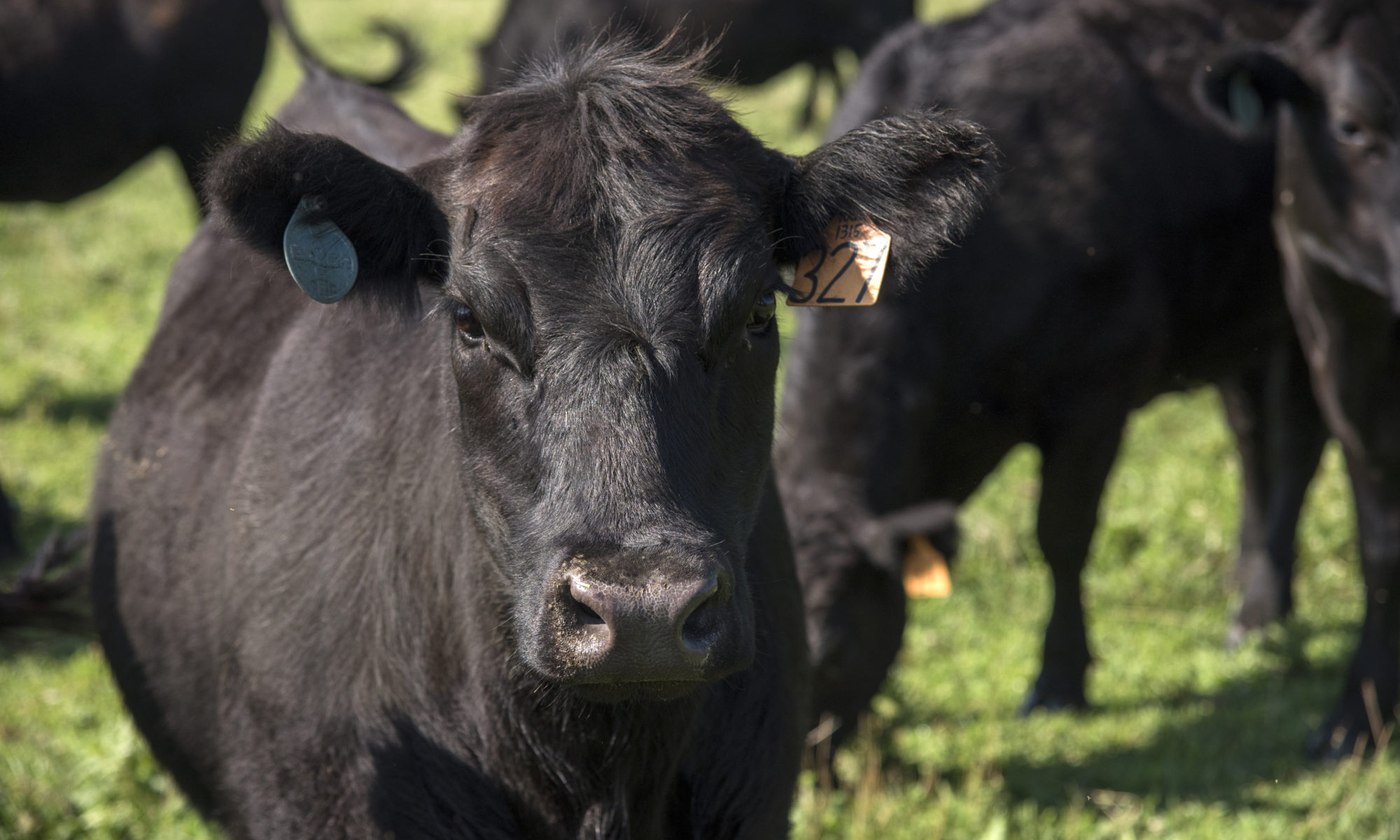
Multi-institutional Research Will Identify Impediments and Possibilities
KNOXVILLE, Tenn. — Researchers from the University of Tennessee Institute of Agriculture and Arizona State University have received a grant for $477,131 to examine consumer preferences for U.S. beef and to estimate beef import demand in select countries within Asia, Europe and Latin America. Results from this research will also provide insights regarding economic implications of changes in trade policies and provide information on how the U.S. beef export market can be strengthened.
While the United States is one of the largest beef exporters in the world, recent years have been wrought with trade disputes that have impacted agricultural trade, such as the trade war with China; U.S. withdrawal from the Trans-Pacific Partnership; a renegotiated U.S.-Mexico-Canada Agreement; and ongoing trade negotiations with the European Union. Although China opened its market to U.S. beef in 2017, beef exports to this region have remained negligible, further prompting research to help strengthen and expand the U.S. beef export markets.
Beef is one of the largest U.S. agricultural exports, making it a vital sector to analyze with respects to global trade. “Maintaining and expanding foreign markets for U.S. beef is crucial to the economic viability of U.S. agriculture,” said co-project director Karen DeLong, associate professor in the Department of Agricultural and Resource Economics. “This project will provide beef producers and processors with information of potentially significant drivers of future beef demand and important information regarding the potential for U.S. beef in foreign markets.”
The three-year project is funded by the USDA National Institute of Food and Agriculture and will target specific markets that are important to U.S. exports and overall global beef trade. Japan and Mexico are the two largest markets for U.S. beef and will be among the countries chosen for this study, along with three emerging markets: China, the U.K. and Germany. The three emerging markets were also chosen because they are representative of key regions around the world, allowing research results to be extrapolated for other countries.
“Ultimately, this project will provide insights regarding the economic implications of changes in the aforementioned trade policies and provide information on how the U.S. beef export market can be strengthened,” said co-project director Andrew Muhammad, Blasingame Chair of Excellence in Agricultural Policy. “The policy relevance lies in the analysis of different export markets outside the U.S. and whether or not foreign consumers are likely to purchase U.S. beef with different characteristics, and then using these results to assess the impact of pending and existing trade agreements on U.S. beef exports.”
Leading the effort is Carola Grebitus, an associate professor in the Morrison School of Agribusiness in the W.P. Carey School of Business at Arizona State University. UTIA co-project directors from the Department of Agricultural and Resource Economics are Karen DeLong and Andrew Muhammad.
Through its land-grant mission of research, teaching and extension, the University of Tennessee Institute of Agriculture touches lives and provides Real. Life. Solutions. utia.tennessee.edu.